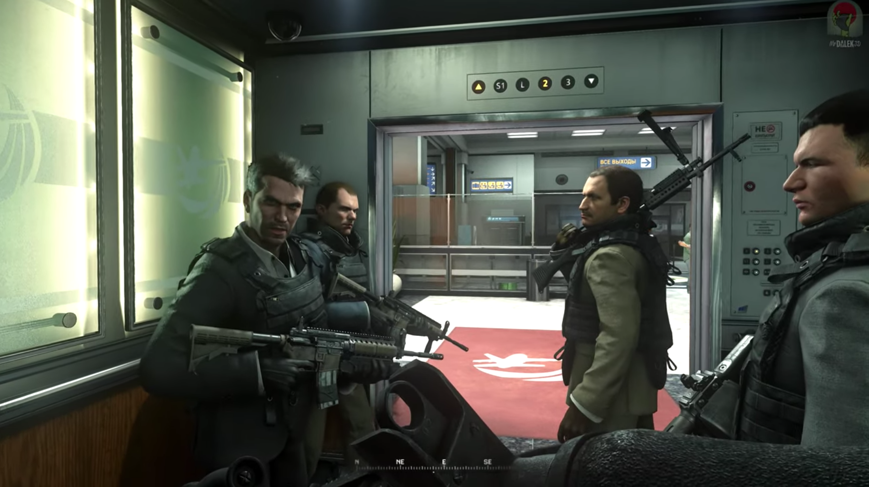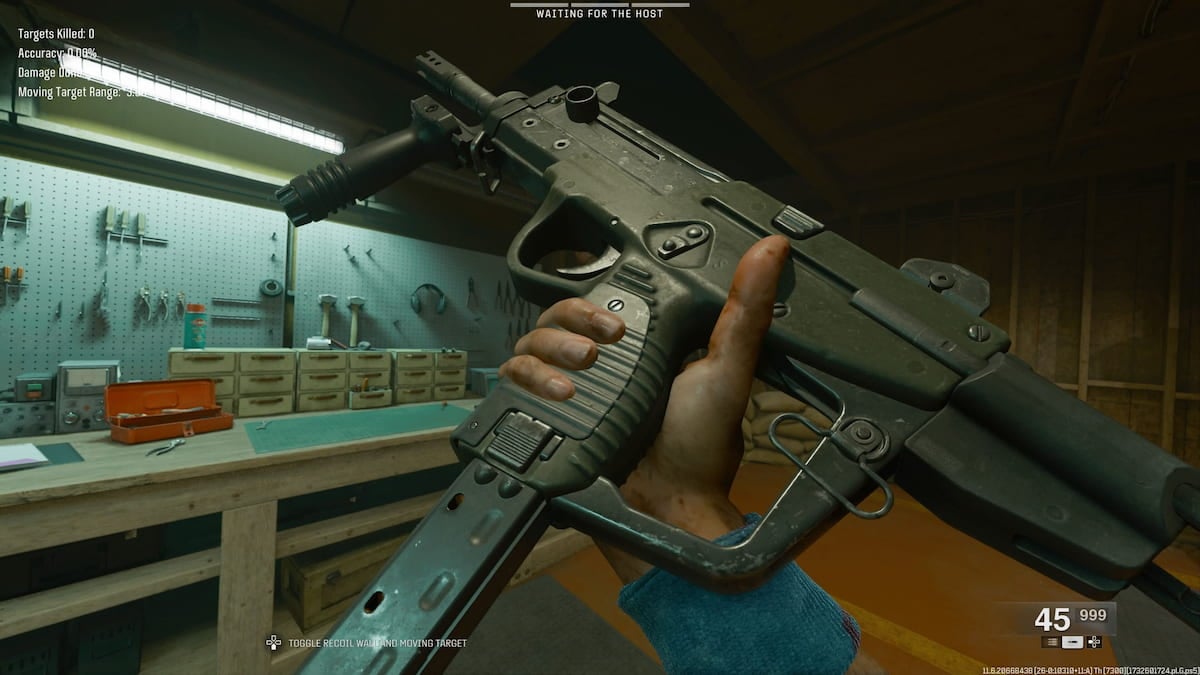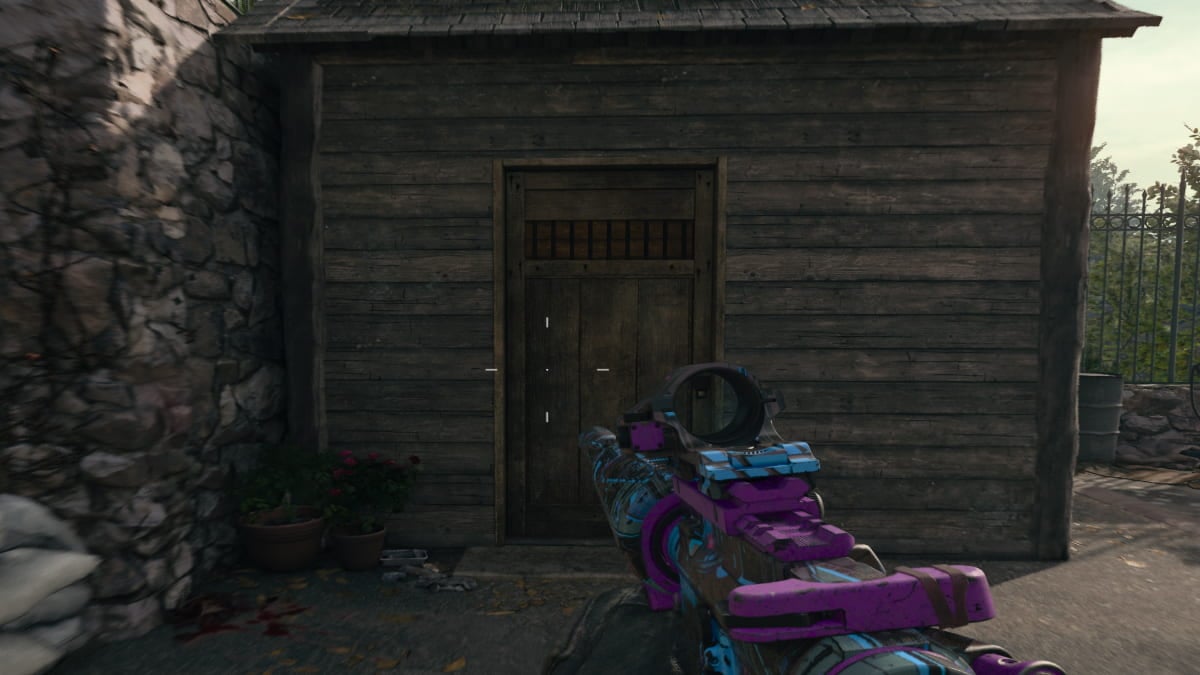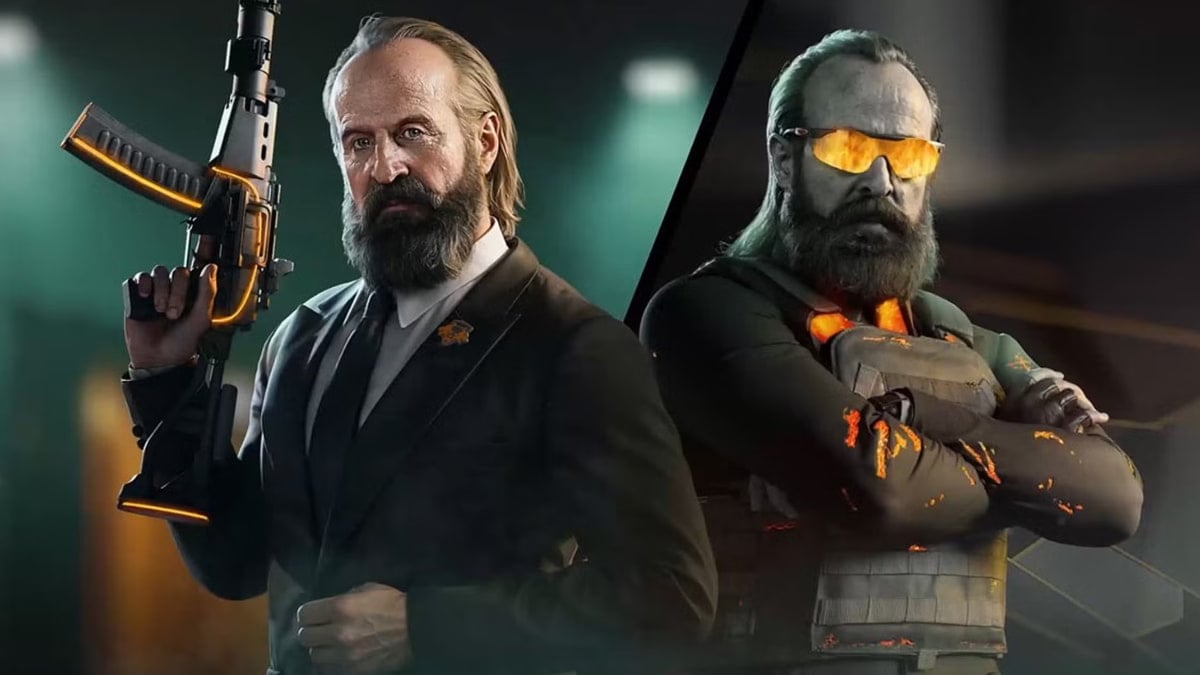Sony Interactive Entertainment Russia won’t be releasing Call of Duty: Modern Warfare 2 Campaign Remastered on the PlayStation 4 in Russia, the company announced today.
Modern Warfare 2 Campaign Remastered includes a mission called “No Russian,” which depicts Russian military operatives committing genocide against civilians at an airport. The original version of the mission even invited players to engage in the genocide as well. This mission is most likely the driving factor behind the ban.
Xbox One and PC players in Russia will still be able to access the content, however, according to a tweet from the Call of Duty Russia account.
“Call of Duty: Modern Warfare 2 Campaign Remastered is a completely fictional 2009 campaign, recreated in HD quality,” the translation of the tweet from Call of Duty Russia reads. “SIE decided not to sell the game in the Russian PS Store. We look forward to the release of the game in digital form for the PC at http://Battle.net and on Xbox consoles.”
This isn’t the first time that first-person shooters have experienced backlash due to the content presented in their campaigns. Military shooters often present fictional conflicts and fantasize about real-world tensions in a way that can be offensive or even borderline advocacy for conflicts.
Although it wasn’t banned in 2009, during the original release of Call of Duty: Modern Warfare 2, Activision removed the controversial “No Russian” mission for the Russian version of the game. In October 2019, the latest CoD title, Call of Duty: Modern Warfare, was also banned from the Russian PlayStation Store.
The politics inherent to the military shooter genre has led to a number of different first-person shooter (FPS) game bans around the world for various reasons. EA’s popular 2011 Battlefield 3 title was banned in Iran because EA’s single-player campaign depicted a fictional war between America and Iran. EA’s 2010 release of Medal of Honor, on the other hand, was banned from sale on U.S. military bases because the campaign allowed players to fight for both the U.S. side and for the Taliban.
Other games that have received the ban hammer for their political statements include a Chinese ban on Battlefield 4, a South Korean ban on Homefront, and a German ban on Wolfenstein for Nazi references—Germany lifted that ban in 2018.
Regardless of your stance on censoring violence, video game developers have depicted inappropriate content in the past. Considering the storytelling potential of video games, it’s important that developers present the world in an ethical way and consider their options carefully before showing various countries committing fictional war crimes.






Published: Mar 31, 2020 02:25 pm